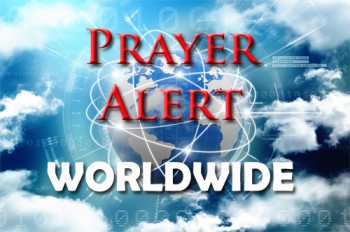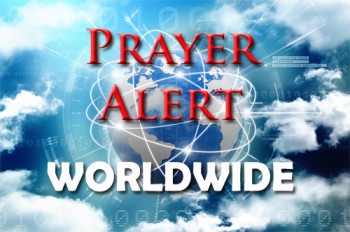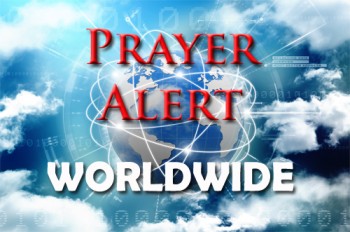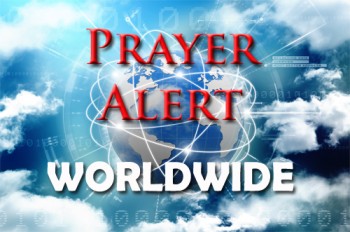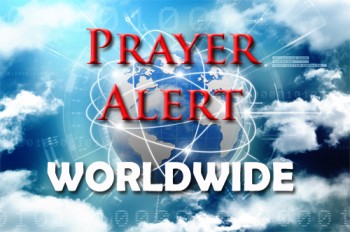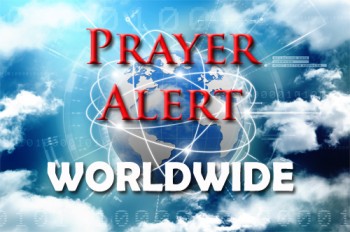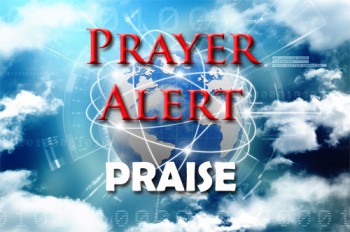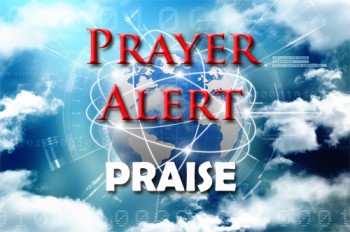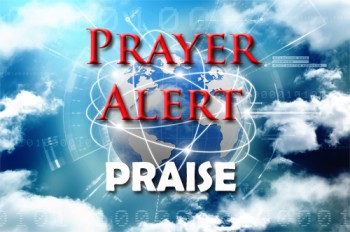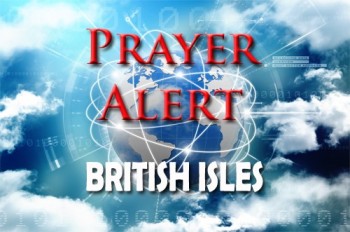Ethiopia: surge in violence - 1,000 deaths
Up to 1,000 people – including priests and church leaders – were killed in recent attacks in Ethiopia. A Belgium-based nonprofit organisation released reports of 1,000 people hiding in an Orthodox church in Aksum, thought to contain the Ark of the Covenant. They were brought out and shot in the square. 750 were definitely murdered, and possibly more of the injured died later. Inside Ethiopia there is political conflict. The government’s term of office ended in September, and the May elections were cancelled due to coronavirus. This has created political unrest where Christians and Muslims are dying in a long line of fatal assaults against innocent people in the Tigray region. 154 were killed in December in Maryam Dengelat, and ten from one family were killed on Christmas Day. Also, Eritrean troops have been killing dozens.
Canada / global: availability of vaccine
The Archbishop of Canterbury has criticised Canada for massively over-ordering supplies of the coronavirus vaccine, hindering the rollout of jabs to the world’s poorest nations. He said the North American country had in the pipeline more than five times what it needed for the size of its population. The archbishop highlighted surplus stocks as one of the main obstacles to a global vaccination campaign, along with misinformation and logistical challenges. His comments came after the head of the United Nations urged the world to act with far greater solidarity to ensure vaccines are available and affordable in all countries. Meanwhile, Oxfam claims that ‘the increase in wealth of the world’s top ten billionaires during the pandemic is more than enough both to pay for a Covid-19 vaccine for everyone on the planet and to reverse the rise in poverty caused by coronavirus’. See
Tunisia: youth protests sweeping country
A growing groundswell of youth unrest, tapping into a well of economic frustration, is sweeping Tunisia, the country which triggered the 2011 ‘Arab Spring’. A third of the nation’s young people are unemployed. Many are angry about their poverty. Since 14 January they have taken to the streets in violent marches. There have been 1,000 arrests, and the army has been deployed in four hot spots. Protest groups are growing in size and are out in force every night staging simultaneous, often-violent demonstrations: pelting municipal buildings with stones, throwing Molotov cocktails, looting, vandalising, and clashing with police in poor, densely populated districts. By 24 January hundreds more were protesting against police repression, chanting, ‘No more fear, the streets belong to the people’ and ‘The people want the fall of the regime’ - popularised during the Arab Spring. They also called for the release of hundreds of protesters detained recently. See
Hong Kong: Christians and Chinese crackdown
Recently, the situation in Hong Kong has changed dramatically. There is great fear that things are not going to settle down or be anywhere like they used to be. On 6 January, over 1,000 police officers raided 73 different locations across the city, arresting 53 politicians, pro-democracy leaders, human rights activists, and others. Chris Patten, Hong Kong's last governor, says that what is happening in the city is nothing short of China's brutal destruction of a free society. The government and the police use many different means to persecute pastors and others. Reports estimate that over 300,000 plan to flee Hong Kong in the coming months. Several pastors have already left, while others have gone underground. The UK will introduce a new visa at the end of January which will give 5.4 million Hong Kong residents the right to come and live in the UK, and eventually become citizens. See

